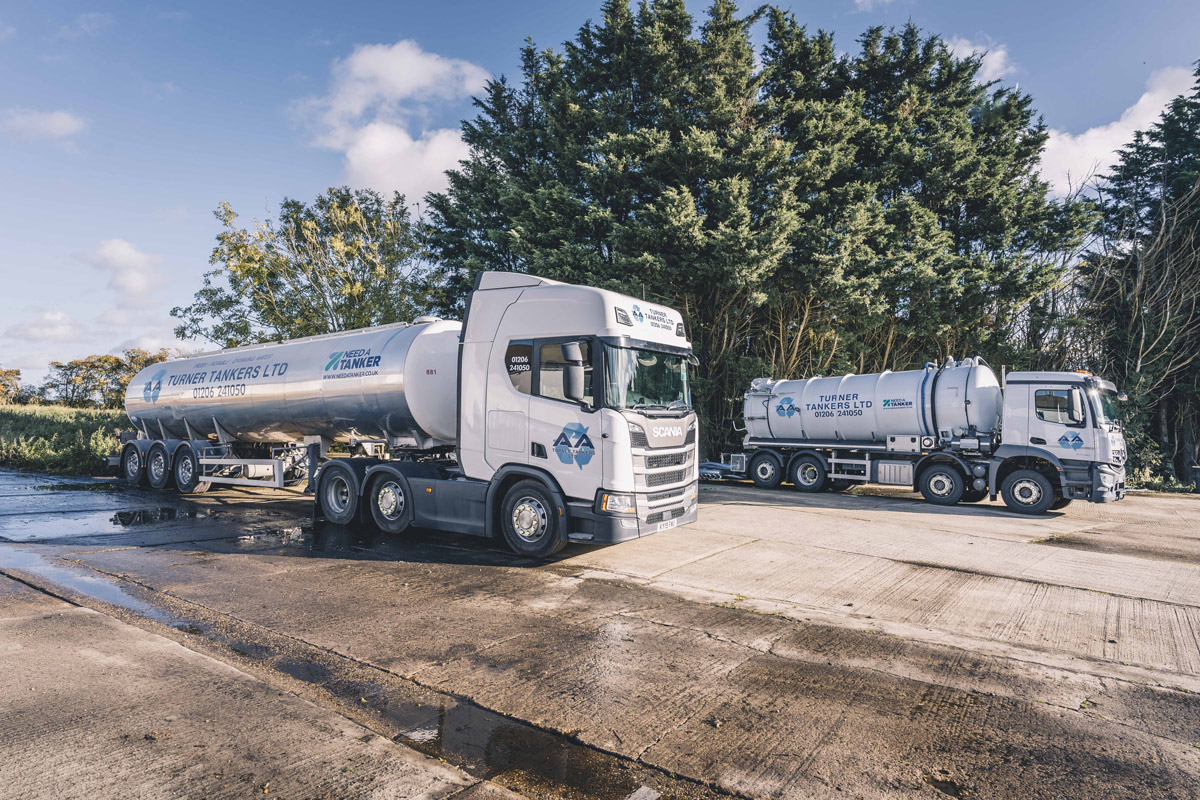The Facts About Reclaim Waste Uncovered
Wiki Article
Some Known Questions About Reclaim Waste.
Table of ContentsReclaim Waste - QuestionsThe Greatest Guide To Reclaim Waste5 Simple Techniques For Reclaim WasteThe smart Trick of Reclaim Waste That Nobody is DiscussingLittle Known Facts About Reclaim Waste.
Residential sewage waste refers to the waste and products from a residential septic tank. The appropriate administration and disposal of domestic sewer waste require liquid waste to be moved to a sewer treatment plant where the correct techniques and equipment are used to detoxify and dispose of waste.
Business waste commonly includes prospective dangers, such as combustible materials or a mixture of liquid and strong waste products, and requires an advanced and comprehensive disposal procedure. The disposal of business waste commonly entails the purification of waste before transportation to guarantee safe and appropriate disposal. Hazardous waste is created from byproducts and drainage of commercial procedures and production.
This sort of waste can not utilize the same sewage administration transportation or processes as septic or commercial fluids. The hazardous waste administration procedure calls for the assessment and testing of liquid waste prior to it undergoes the disposal procedure (liquid waste removal melbourne). Drainage waste is the liquid waste that originates from drainage and excess stormwater in extremely inhabited locations or cities
Runoff waste can cause contamination and flooding if not handled appropriately. Ensuring proper waste management can avoid catastrophes and minimize ecological damage.
How Reclaim Waste can Save You Time, Stress, and Money.
Get in touch with PROS Solutions today to find out about our waste monitoring and disposal solutions and the correct methods to care for the liquid waste you produce.(https://padlet.com/leonaube33101/reclaim-waste-hw71hge954tsaxnp)This supposed 'wastewater' is not only a crucial resource but, after treatment, will be released to our land, rivers or the sea. Made use of water from commodes, showers, baths, kitchen sinks, washings and commercial processes is understood as wastewater.

water used to cool machinery or tidy plant and tools). Stormwater, a kind of wastewater, is drainage that flows from agricultural and urban areas such as roofs, parks, yards, roadways, courses and gutters right into stormwater drains pipes, after rain. Stormwater moves untreated directly to regional creeks or rivers, ultimately getting to the ocean.
Get This Report on Reclaim Waste
In Queensland, many wastewater is dealt with at sewer treatment plants. Wastewater is transported from domestic or commercial websites with a system of drains and pump stations, referred to as sewage reticulation, to a sewage treatment plant. Local governments build, preserve and operate most sewage treatment plants. Operators are accredited under the Environmental Management Act 1994 to release cured wastewater at an acceptable environmental standard right into waterways.The Division of Natural Resources encourages local federal governments concerning managing, operating and maintaining sewerage systems and therapy plants. In unsewered areas, local governments may need owners to mount private or house sewage treatment systems to deal with residential wastewater from commodes, kitchen areas, washrooms and laundries. The find more info Division of Natural Resources authorises the use of home systems when they are verified to be effective.
In some new class, treatment of some stormwater to eliminate trash, sand and gravel has actually begun utilizing gross pollutant traps. Wastewater therapy takes place in 4 stages: Eliminates strong matter.
Uses little living microorganisms understands as micro-organisms to break down and remove staying liquified wastes and great fragments. Micro-organisms and wastes are incorporated in the sludge.
6 Easy Facts About Reclaim Waste Explained
Nutrient elimination is not available at all sewer therapy plants because it requires costly specialist devices. Clear fluid effluent produced after therapy might still have disease-causing micro-organisms - industrial wastewater treatment.
Most wastewater flows right into the sewerage system. Under the Act, neighborhood governments carry out approvals and licences for ecologically relevant activities (Periods) involving wastewater launches that might have a regional influence.
The Main Principles Of Reclaim Waste
Monitoring offers valid info concerning water high quality and can validate that permit problems are being fulfilled. The details gotten through tracking gives the basis for making water high quality decisions.Report this wiki page